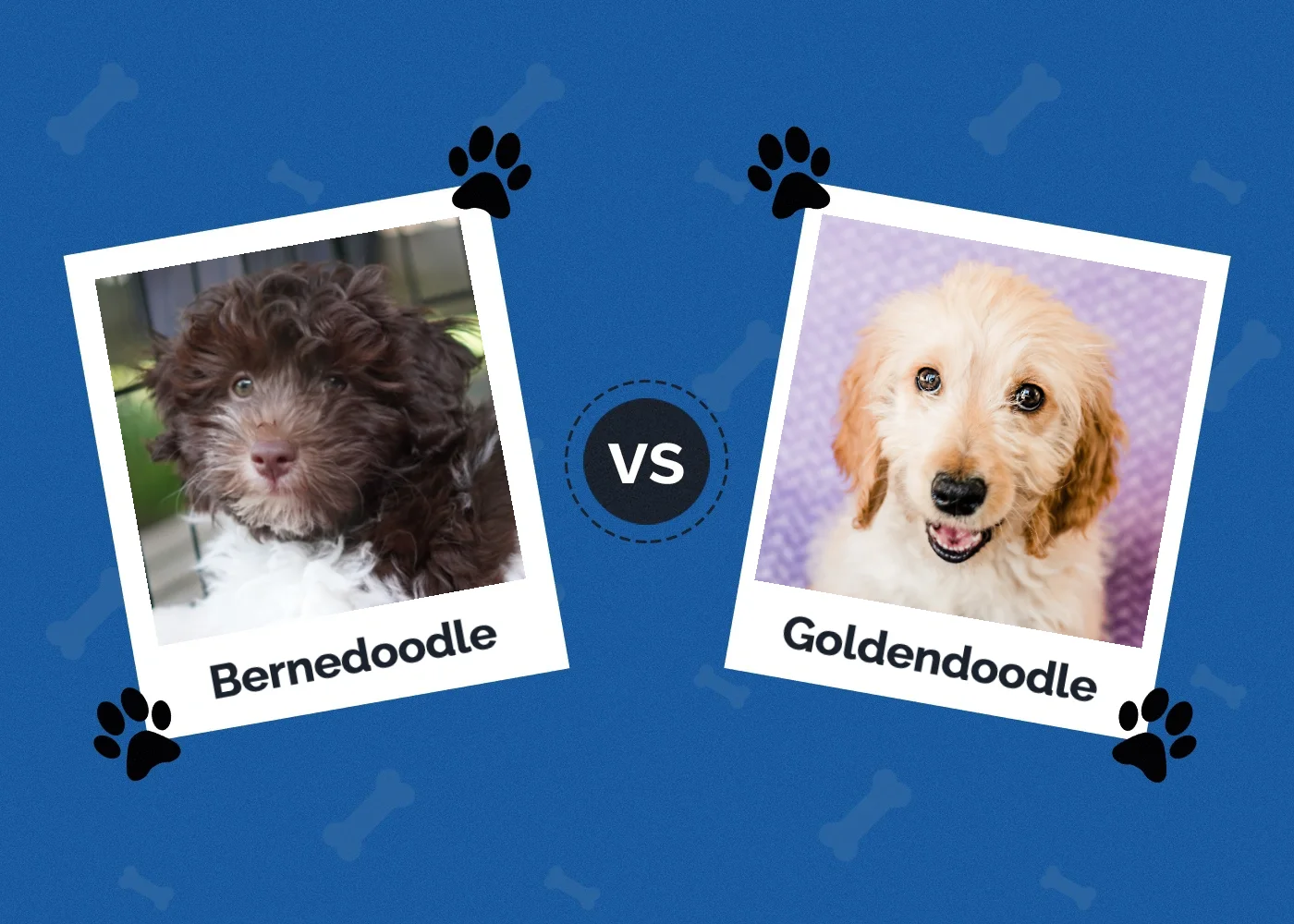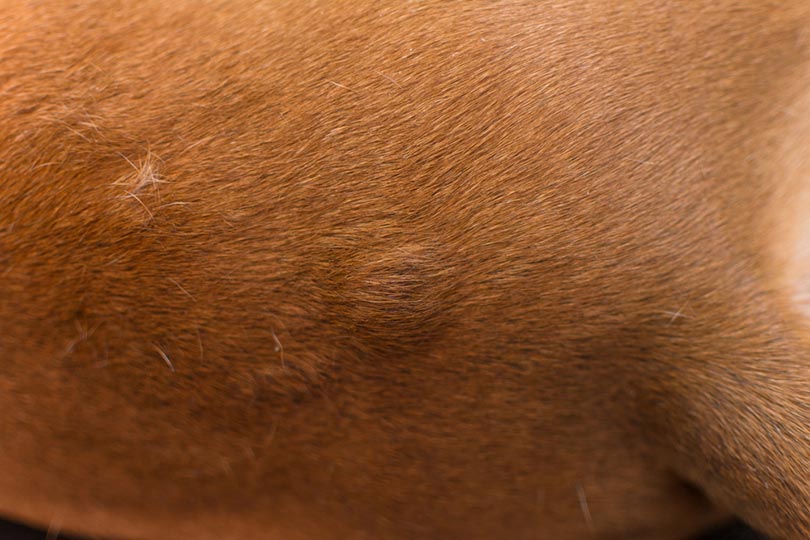Why Do Dogs Howl? 8 Reasons for This Behaviour

Updated on
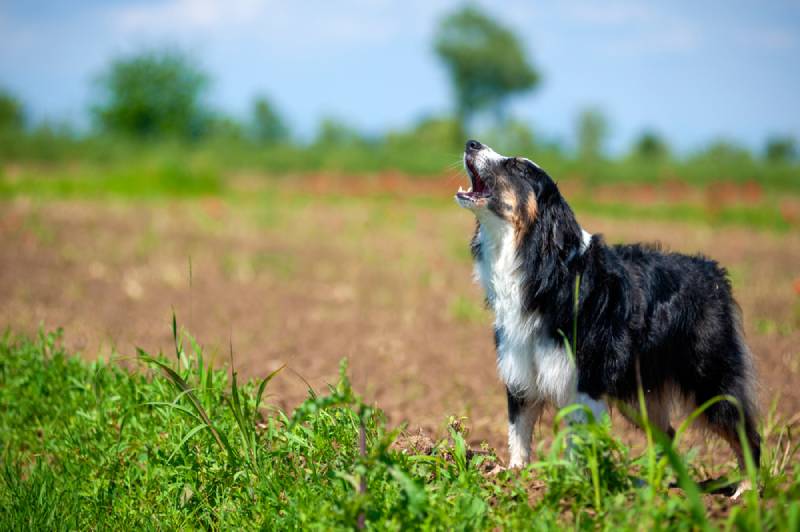
While some breeds are more likely to howl than others, all dogs are capable of howling. Like many behaviors, howling has ancestral roots and stems from the way wolves communicate in the wild.
Now, dogs use howling as a form of communication. It can mean many different things, however. Here are the eight reasons your dog may howl.
The 8 Reasons Why Dogs Howl
1. They’re Responsive
Dogs may howl if they hear high-pitched sounds like sirens or barking from other dogs. Typically, this will stop once the sound stops. This type of howling is common and normal, but a highly reactive dog may escalate to nuisance howling that’s disruptive to your family or neighbors.
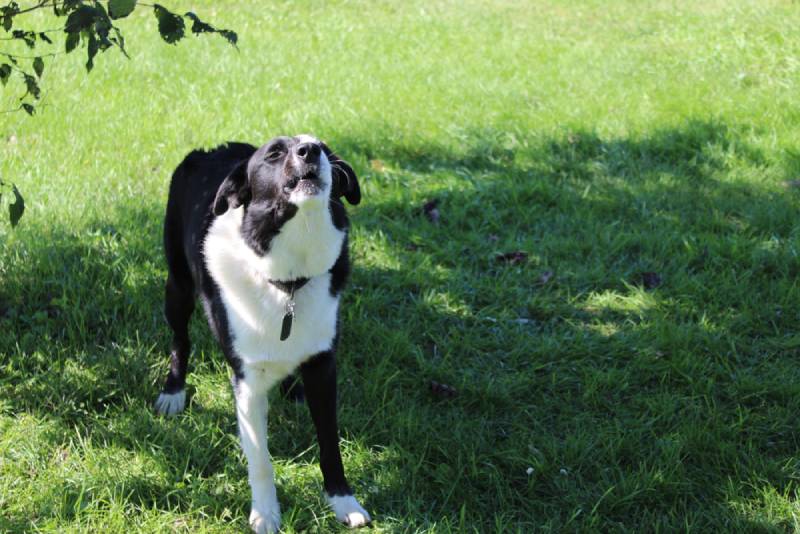
2. They’re Calling Companions
In the wild, members of a canine pack will travel alone to seek out food. They use howling to help members of the pack find each other—a behavior still seen in domesticated dogs. Some dogs will howl to signal the location of their home and guide other pack members to safety. For example, your dog may howl when they hear your car pull into the driveway to guide you into the house.
3. They’re Territorial
Howling may be used to warn other dogs and animals that they’ve claimed your space, such as the home or yard, and they don’t want intruders. This helps them ward off predators and protect their territory.
4. They’re Announcing Their Presence
In some cases, dogs may howl to alert other dogs that they’re approaching. This prevents the dog from startling any dogs in the area and prevents possible conflict with the residing dogs.
5. They Want Attention
Some dogs howl to let you know that they want attention. Howling is often loud and disruptive, so it’s effective to get the attention they seek. If your dog howls and bothers you, it’s important not to reward this behavior by offering attention, even negative attention. If your dog doesn’t get anywhere from howling, they’ll learn not to do it. Instead, reward your dog for being quiet.
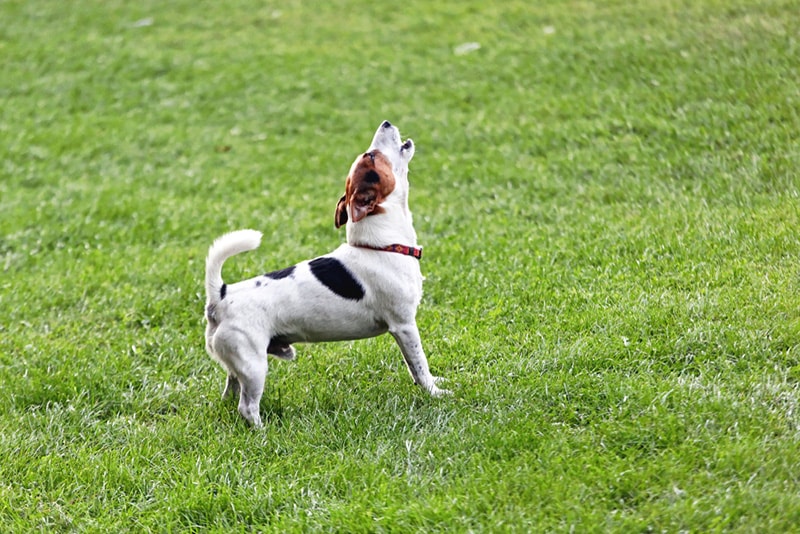
6. They’re Nervous
A dog’s owner is the center of their universe. They focus on their human’s comings and goings, which can lead to separation anxiety. These dogs are more likely to howl when they’re alone, but the howling stops when you return. Dogs with separation anxiety may also pace, destroy furniture, self-mutilate, or soil inappropriately. Depending on the severity of the separation anxiety, you may need to consult a behaviorist.
7. They’re in Pain
Dogs hide pain well, but some injuries or pain may cause your dog to howl. It’s similar to how people cry out when they’re hurt. If you suspect this is the case, it’s important to consult with a veterinarian as soon as possible.
8. They’re Having Fun
Howling can simply be excitement. In the wild, canines will howl when they come across prey. Your dog may howl when they find “treasures” in the backyard or when it’s playtime or dinner time to express their excitement.
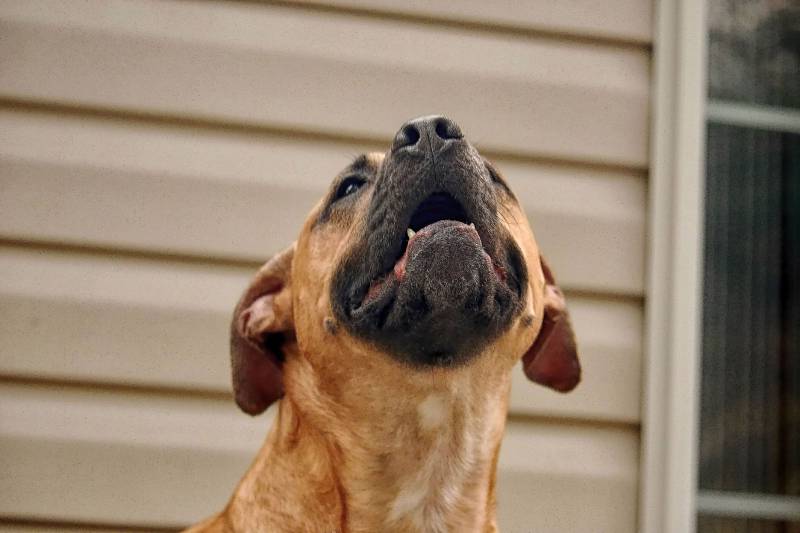
Which Dog Breeds Are Most Likely to Howl?
Every dog is capable of howling, but some breeds howl more than others. Howling is particularly common among breeds such as Chow Chows, Basenji, Siberian Husky, Alaskan Malamutes, and American Eskimo Dogs, while many other breeds may also howl.
Older dogs are more likely to howl, especially if they have canine cognitive dysfunction (CCD)—the dog form of dementia. They may howl if they’re losing some of their senses to interpret their environment, such as their vision or hearing.
Summary
If your dog starts to howl, now you understand what the reason might be for them doing so. Maybe they want attention, or maybe you adopted a mixed breed and the parent breed “howler” in them is coming out! Regardless, most of the reasons for howling are harmless. However, the howling could be because of pain or illness. If the howling seems to come out of nowhere, reach out to your vet.
Featured Image Credit: Anna Pozzi, Shutterstock



